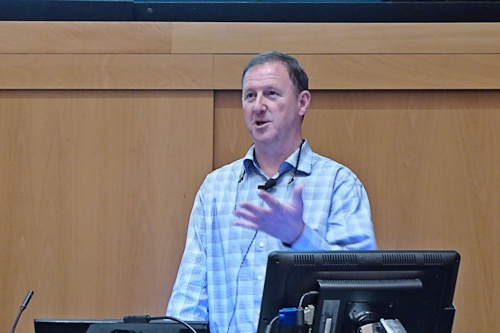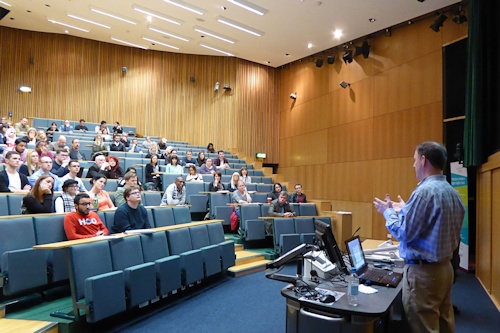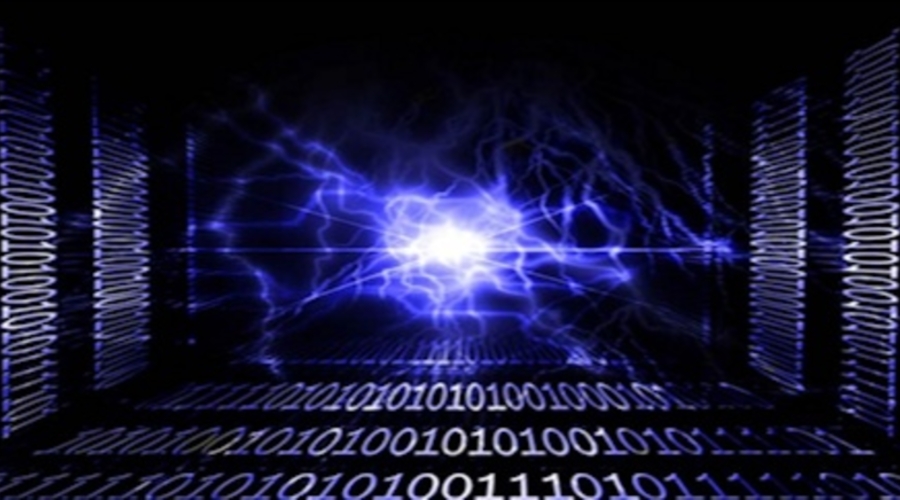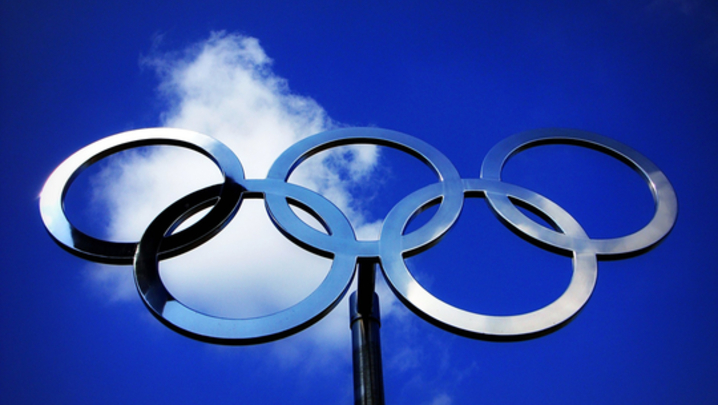Technical soothsayer Stephen Whitelaw examines the future that arrived yesterday.
In 1956, the first computer hard drive weighed over a ton, stored 5MB and needed a fork lift truck to move it around. Nowadays you can go into a high street shop and buy a USB drive which will store 1 Terabyte of data (200-thousand times that IBM original), and is small enough to lose down the back of the sofa.
But Stephen Whitelaw’s North East & The Border presentation wasn’t looking backwards, but forwards — although it is this dramatic increase in computing power and storage that has led to where we are now, and where we may go in the future. Some might say “Where we may go if we’re not careful”, because Stephen’s facts and figures can be taken as either exciting or upsetting, depending on your point of view.
And perhaps that point of view depends to some extent on which side of 1990 you were born. It was noticeable that Stephen’s warp speed presentation, both vocally and visually on screen, was still being absorbed by the largely-student audience at the University of Sunderland… an audience perhaps more used to the high speed instant-communication multi-tasking world than those of the generation of the typewriter, rotary dial and little white dot that faded when you turned your screen off.
 And in Stephen’s world, even as he spoke there were reactions being tweeted — “Absorbing and mind blowing insight into #futureweb”, “Just enjoyed a fascinating lecture… the future of digital is daunting, but full of possibilities”, “Totally eye opening!!”, “What an amazing, fantastic, inspiring and scary talk tonight on the future of the web”.
And in Stephen’s world, even as he spoke there were reactions being tweeted — “Absorbing and mind blowing insight into #futureweb”, “Just enjoyed a fascinating lecture… the future of digital is daunting, but full of possibilities”, “Totally eye opening!!”, “What an amazing, fantastic, inspiring and scary talk tonight on the future of the web”.
And the thrust of Stephen’s thoughts were not where we may go in the future, but where we will most definitely go. The genie is out of the bottle, and many of the things that people might fear as the downside of the internet are already well and truly with us. There is, he says, now no such thing as privacy as we knew it, and never will be again, as even our most intimate details are capable of being gleaned online, stored and analysed.
And not just what we thought, bought and felt in the past being kept for ever (and incidentally, how many of us when we click to accept the T&Cs on social media and commerce sites realise that we are allowing the data gatherers to hold and use our information in whatever way they see fit, in perpetuity and irrevocably?) Sites and data-miners are rapidly approaching the situation where they will know what we are going to think long before we get to the point of actually thinking it.
Stephen obviously intended much of this to shock and alarm us — to warn us to be savvy, to be secure… and as he was speaking only a week after the personal details of many TalkTalk customers were hacked and put online, allegedly by a group of UK teenagers, this had a considerable resonance. One of the web services that he mentioned was one where you can go and see who has got what information about you… one wonders (perhaps cynically) whether or not such a site might not in itself be a security risk, as a one-stop repository of everything about us!

But it was the more mundane that made the majority of the audience sit up. How many people are aware that if they have a Smart TV (built not just to receive terrestrial and satellite broadcasting but also iPlayer and Netflix-style online content) that such sets are always on? Even when ‘switched off’, they are always on, and (most chilling) they are ‘listening’ — yes, your Smart TV can not only hear you, and what you’re saying in your most personal moments, but can report that back to its internet masters. That generated more hands up in the Q&A session than anything else Stephen said.
When asked whether or not all this — where we’ve got to now, and where we’re going in the future — was a Good or a Bad Thing, Stephen didn’t really have an answer… I suppose no-one does. The internet has been a great force for good — it has also an incredibly alarming potential for many things that are not good. And it’s out there, for ever.
But now I’m aware of an attention-span acronym that Stephen introduced us to — “TL:DR”. It means “Too Long, Didn’t Read”. I’d better log off. Don’t forget to unplug your Smart TV.
GRAEME ALDOUS



